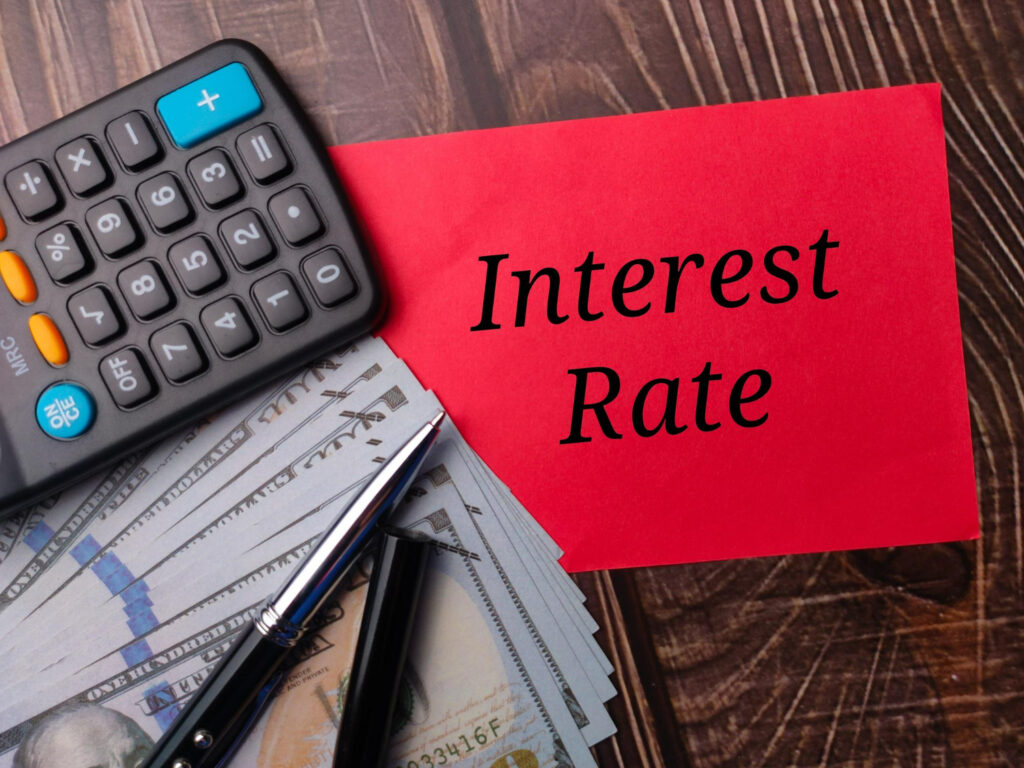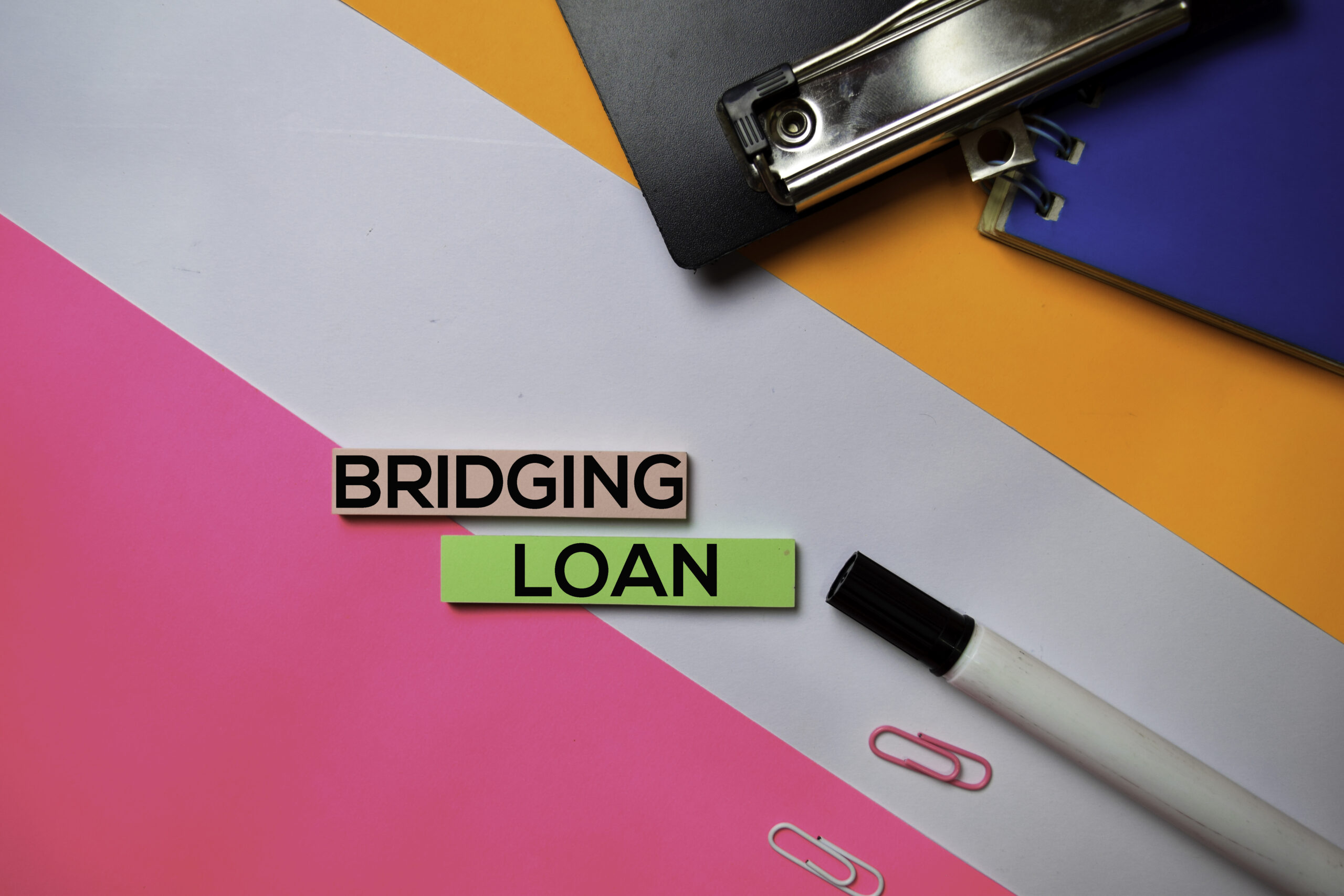Before you apply for a small business loan, asking your potential lender a few simple questions can help make sure you get the loan, and lending experience that best meets your needs. However, at DCF Loans, we provide a seamless, transparent, and straightforward process for SMEs to improve the process of lending and ensure you access the investment you need to improve or grow your business.
1. What kind of loan or credit do you recommend for my business?

Your lender should interview you to fully grasp the scope of your company’s requirements, especially as this could determine whether you can pay the proposed interest rate. Then, in their capacity as a reliable resource, they ought to suggest a few solutions and weigh the advantages and disadvantages of each to help you make the best decisions. Your lender should be able to provide you with a business credit card, loan, commercial mortgage, and line of credit to meet all of your business financing needs. In particular, bridging loans can be a flexible option for businesses needing short-term funding while waiting for more permanent financing. But first, identifying the need is crucial to effective lending. This is because not all forms of short-term business loans are similar and identifying the type of credit you require could improve the review of your loan agreement.
2. Can I apply for a small business loan online?

The goal of this question is to make the borrowing process as easy and comfortable as possible, so make sure to inquire about the availability of an online or digital application in place of a paper one. To save time and prevent needless back and forth with the lender, request a checklist of application procedures and required papers before proceeding with any application method.
3. What documents do I need to gather before I apply?

Some lenders will likely want more supporting documentation or bank statements than others if you compare prices with multiple lenders. A personal and corporate credit check is typically part of loan requests; however, depending on the loan amount, lenders may or may not seek tax statements. You should factor in the possible cost of seeing an auditor to get audited financial statements when figuring out how much it will ultimately cost you to work with the lender.
4. How long does your lending process take from application to funding? (if approved)

It’s crucial to know how soon you need money before applying and whether the lender can accommodate your schedule. Organizing all of your documentation will make the loan process go more smoothly, but if time is of the essence, find out whether there is anything more you can do to expedite the procedure.
5. What are typical rates and closing fees for my type of loan request?

If you know your credit score, you can ask for typical rates and fee ranges for someone with your credit profile, borrowing amount, and the type of loan you are looking for (i.e., line of credit, term loan, or commercial mortgage). For those considering corporate loans, it’s particularly important to understand the rate structures and fees, as these loans typically involve larger amounts and more complex terms. Always have your interest rate provided in APR so you can easily shop across lenders. This can be a difficult question for your lender to answer without completing a personal credit inquiry which is usually part of the actual loan process.
6. Does the kind of loan you recommend come with any annual or one-time fees?

There may be additional costs to borrow even after you close the loan. Nobody likes surprise fees, so ask about annual or one-time fees up-front so you can factor this information into your decision.
7. Are there ways I can lower or reduce the interest rate I may have to pay?

It’s possible that a lot of lenders can lower the interest rate on your loan application. This can involve things like keeping up a business checking account, transferring over business deposits, and/or setting up automatic loan deductions from a company checking account.
8. Is a personal guarantee required for the loan?

A personal guarantee entails that you would be held personally accountable for loan repayment even if your firm ceases to exist. It is an often requested criterion for business loans. A lender may utilize a general lien placed against your company’s assets as security, or they may view your assets as collateral for your loan guarantee. Lender criteria for personal guarantees can differ, so be sure to inquire about their methodology.
9. Do I get ongoing relationship management and support if my loan or business needs change?

You likely want to borrow money from a lender that will be able to expand and evolve with your company as your needs do. Maintaining a good relationship with your lender can assist you in managing business transitions such as significant expansion, handing over ownership to a family member or third party, or selling your company to a third party while the economy is struggling.
10. What does your loan modification or renewal process look like?

Changes in your industry or the financial situation of your firm can equally make you want to examine or modify your present loan obligation with your lender. Therefore, it’s crucial to find out from your lender what that procedure might include for the particular kind of small business loan you’re thinking about.
Before applying for a loan, it is important to ask some key questions to your borrower as this will determine the likelihood of you preparing effectively. Absent this, your loan request may be rejected as a result of not preparing effectively. While DCF Loans provides an easy straightforward process for most SMEs, it is important to ask these questions to your potential lender, bank, or financial institution.











